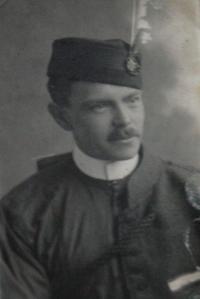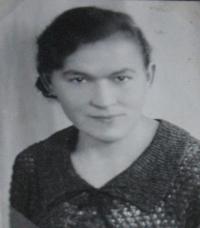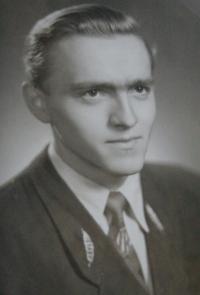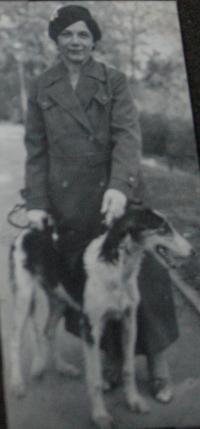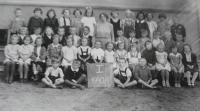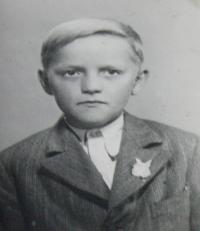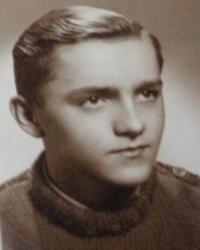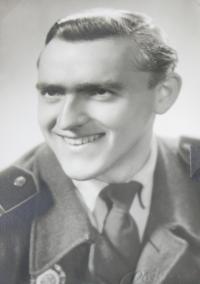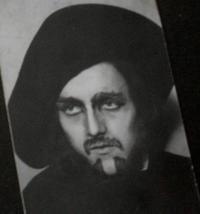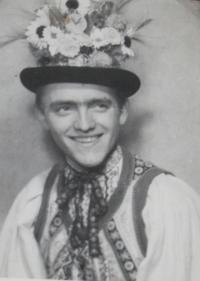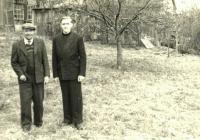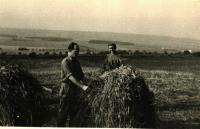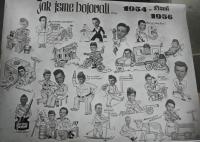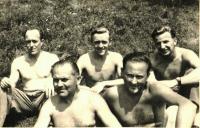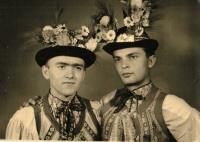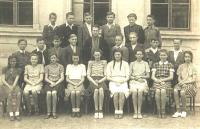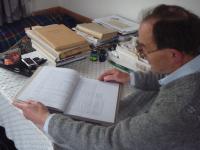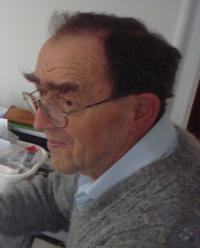Writing a chronicle is a responsible as well as pleasant task
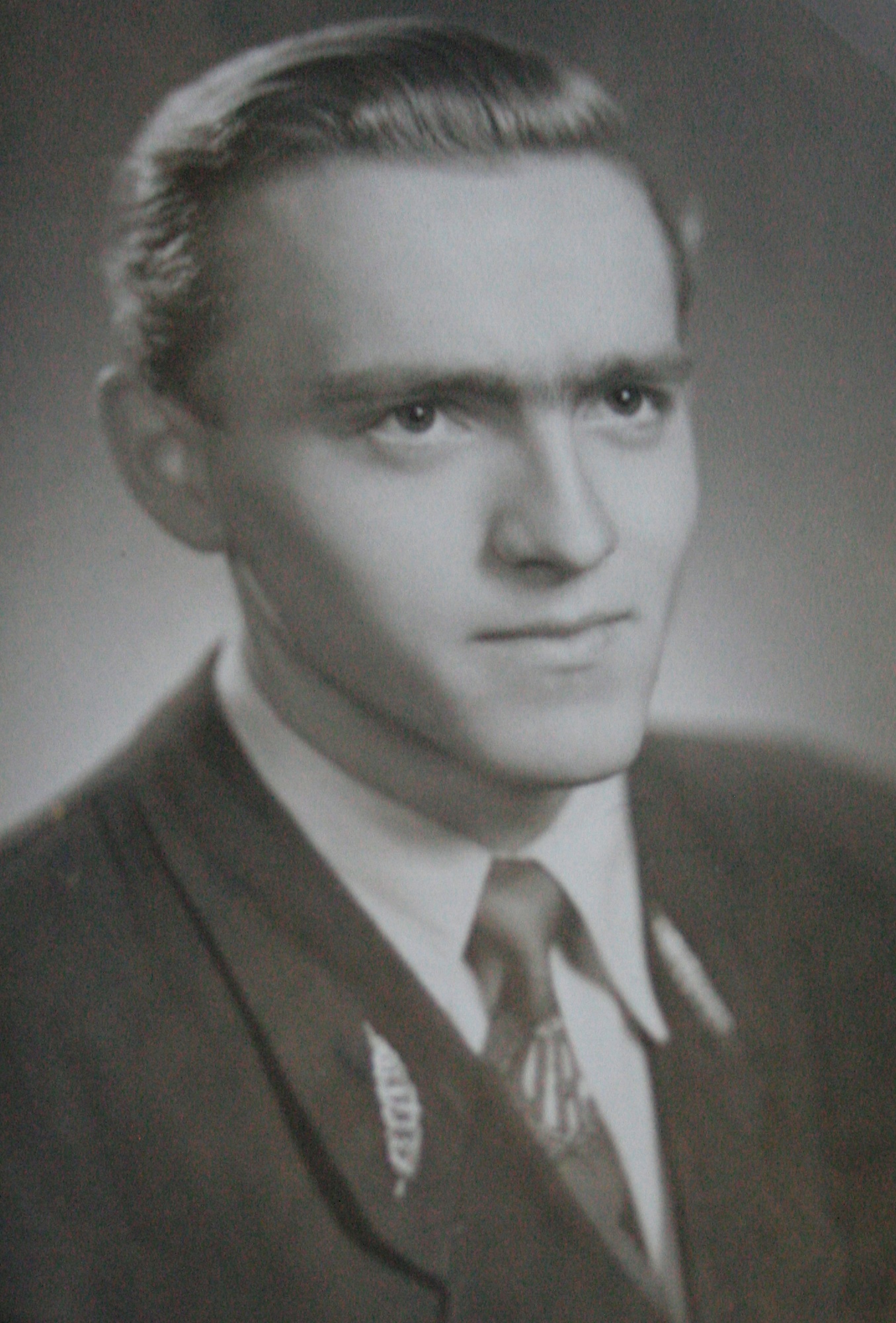
Download image
Hubert Antes was born in Horní Počernice and has been linked with the municipality ever since. Nevertheless, he visited primary school in Toušeň, where he lived with his uncle after his mother was killed by a German military car in 1941. His father, already paralyzed on half of his body, couldn’t take care of little Hubert anymore. In Toušeň, he witnessed how the German occupation influenced the educational structure. Besides intensive learning of the German language, history classes were quite changed and so were the drawing classes. He moved back to his father after the war.After graduating from a high school of agriculture and going through the military service, he came to the Institute for Economics, Agriculture and Nutrition. There, he started to feel the influence of the Prague Spring in the second half of the 1960s even on the level of his profession. New methods were introduced as a part of the wave of the easing. The then rector of the University of Economics in Prague, professor Kadlec, started applying new methods studying the efficiency of agricultural policies. But because the technology in Czechoslovakia was not at a good level, they sent the data coded through the Czechoslovak embassy in London to some English institutes, where they were processed and calculated. This complicated path was chosen to prevent the West fromrevealing the true results of the Czechoslovak agriculture. In 1968, he started working at the Ministry of Agriculture where he spent the next two decades in the position of a specialized officer. After a disagreement with Minister Toman in 1987, he left the Ministry to the Academy of Agricultural Sciences. In 1992, he was closing down the Academy as the last employee responsible for division of all the property in ratio of two thirds for the Czech Republic to one third for Slovakia. For the municipality of Horní Počernice, the most important activity of Mr. Antes is undoubtedly his record as a chronicler. After the death of the previous chronicler in 1985, it was Mr. Antes who took over the job. First, he had to finish the previous six years which the previous man in charge missed because of his illness. Hubert Antes has enjoyed writing down the records of the life in Horní Počernice as it is a fairly responsible and pleasant task, as he says. Thanks to the chronicle, all generations can recall the changes that Horní Počernice as a municipality has gone through.
